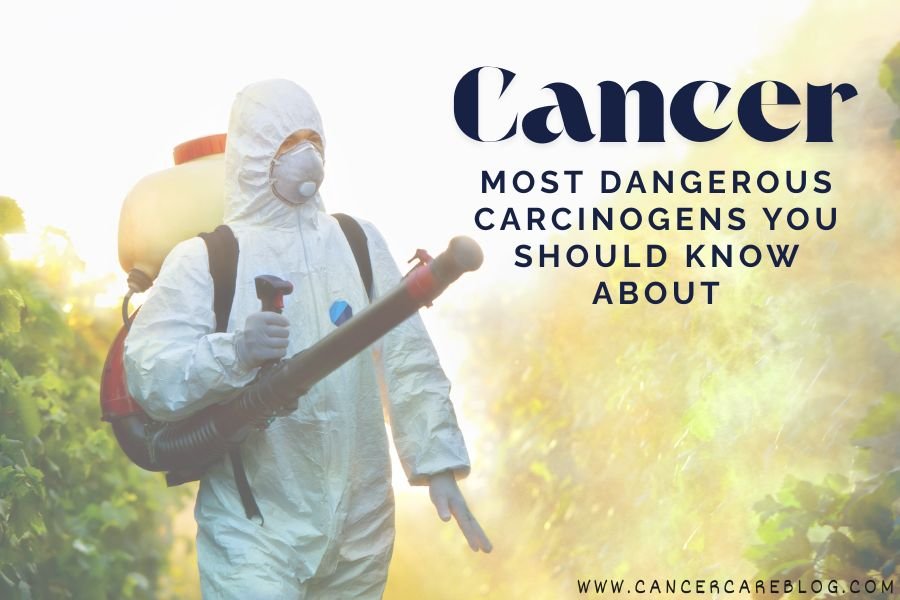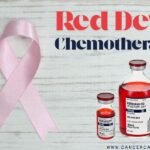We hear the word carcinogen often, especially when talking about health risks and cancer.
But what exactly is a carcinogen?
And how serious is the risk?
Let’s explore everything you need to know about carcinogens, including how they work, the cancer causing chemicals list, and which ones are considered the most dangerous carcinogens.
What Is a Carcinogen?
Simply put, a carcinogen is any substance, agent, or exposure that can cause cancer.
Cancer happens when cells in the body grow uncontrollably, and carcinogens are things that trigger or speed up these harmful changes in cells.
Important point:
Not every contact with a carcinogen will cause cancer.
Many factors like the amount of exposure, duration, and your personal genetics play a role.
How Do Carcinogens Cause Cancer?
Understanding how carcinogens cause cancer is key to understanding your risk.
Here’s how it happens:
-
DNA Damage:
Carcinogens can directly damage the DNA inside cells.
Damaged DNA leads to abnormal cell growth, which can eventually turn into tumors. -
Cell Stress:
Some carcinogens cause long-term irritation or inflammation in tissues, increasing cancer risk over time. -
Weakened Immune System:
Certain carcinogens weaken your immune defenses, making it harder for your body to destroy abnormal cells.
It’s a slow process — sometimes taking years or even decades for cancer to develop after exposure.
Examples of Carcinogens in Daily Life
Unfortunately, carcinogens are around us more than we think.
Here are some everyday examples:
-
Tobacco smoke
-
Asbestos in old buildings
-
Radiation from UV rays (sunlight)
-
Air pollution (like vehicle exhaust)
-
Processed meats (like bacon, sausages)
-
Certain pesticides
-
Industrial chemicals (like benzene, formaldehyde)
However, small occasional exposure to some of these does not guarantee cancer. Risk increases with repeated, heavy exposure.
Most Dangerous Carcinogens
Some substances are known to be among the most dangerous carcinogens.
These are classified by organizations like the International Agency for Research on Cancer (IARC).
Here’s a short list:
-
Tobacco (smoking and smokeless)
-
Asbestos (especially affecting lungs)
-
Ultraviolet Radiation (from sunlight or tanning beds)
-
Alcohol (heavy and regular consumption)
-
Arsenic (contaminated drinking water)
-
Benzene (found in petroleum products)
-
Formaldehyde (used in building materials)
These substances have very strong evidence linking them to human cancers.
Cancer Causing Chemicals List
Here’s a broader cancer causing chemicals list you should be aware of:
| Chemical Name | Common Source | Cancer Type |
|---|---|---|
| Benzene | Gasoline fumes, industrial solvents | Leukemia |
| Formaldehyde | Building products, cosmetics | Nose, throat cancers |
| Arsenic | Contaminated water, pesticides | Skin, lung, bladder cancers |
| Vinyl Chloride | PVC plastics manufacturing | Liver cancer |
| Dioxins | Industrial pollution, some foods | Multiple types |
| Tobacco-specific nitrosamines | Tobacco products | Lung, oral cancers |
Many other chemicals are still being studied, but these have strong evidence of cancer-causing potential.
Are Natural Substances Carcinogenic Too?
Yes!
Not all carcinogens are artificial.
For example:
-
Aflatoxin, a toxin produced by mold on grains and nuts, is a natural carcinogen.
-
Sunlight, though natural, emits UV radiation which can cause skin cancer.
So it’s not just synthetic chemicals you need to be cautious about.
Can You Avoid Carcinogens Completely?
Realistically, it’s impossible to avoid every carcinogen.
But you can reduce your risk by making smarter choices:
-
Quit smoking and avoid secondhand smoke
-
Limit alcohol intake
-
Use sunscreen and avoid tanning beds
-
Eat a healthy diet rich in fruits and vegetables
-
Use protective equipment if you work with chemicals
-
Improve indoor air quality with proper ventilation
Reducing exposure over time can significantly lower your cancer risk.
Final Thoughts: Stay Informed, Stay Safe
Carcinogens are a part of our environment, but understanding them helps us make better choices.
By learning how carcinogens cause cancer, knowing the most dangerous carcinogens, and being aware of the cancer causing chemicals list, you can take control of your exposure.
Remember:
Awareness leads to action, and action leads to better health.
Stay informed, and take small steps every day to protect yourself and your loved ones.



